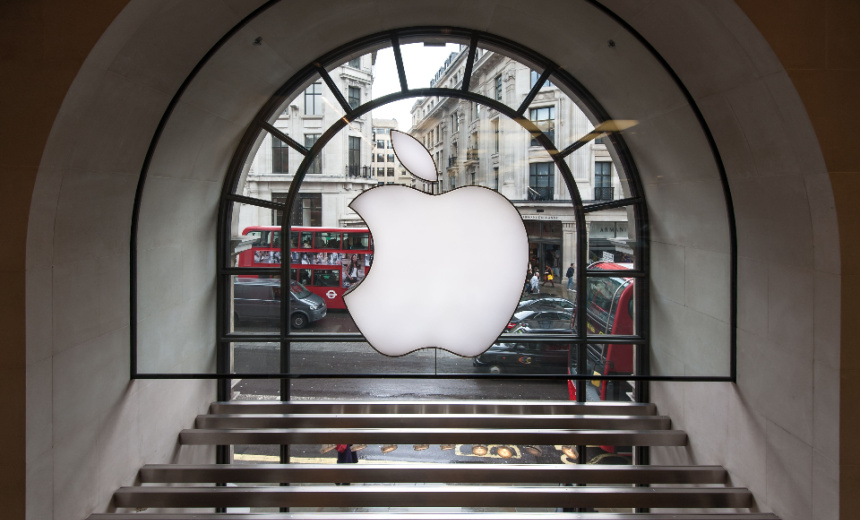New Investigatory Powers Act Request Reportedly Transmitted in September

The U.K. Home Office reportedly again ordered Apple to give it backdoor access to an encrypted cloud service after backing down in August from a similar demand made earlier this year.
See Also: When Identity Protection Fails: Rethinking Resilience for a Modern Threat Landscape
Citing unidentified British officials, the Financial Times reported Wednesday that the Home Office sent a new technical capability notice request to Apple in early September, asking the company for access to the mobile phone giant’s Advanced Data Protection service, an optional service for end-to-end encryption of iPhone backup data kept in the Apple cloud.
Under the Investigatory Powers Act 2016, the U.K. government can issue a notice to telecommunication companies to remove any electronic protections on user data for evidence collection.
The order comes after a similar attempt by the Home Office in January. Apple challenged the order in court and received backing from Trump administration officials. The company also deactivated Advanced Data Protection for British users (see: US Intel Chief Celebrates UK Retreat on Apple Backdoor Order).
A spokesperson for the U.K. Home Office neither confirmed nor denied its latest request to Apple. “We will always take all actions necessary at the domestic level to keep U.K. citizens safe,” the spokesperson said.
U.S. lawmakers earlier this year warned that the measure could enable mass surveillance of private communications, including messages, photos and files. Apple did not immediately respond to a request for comment. In a statement to The Financial Times, the company said it was “gravely disappointed” in not being able to extend Advanced Data Protection in the United Kingdom to new users.
“As we have said many times before, we have never built a backdoor or master key to any of our products or services, and we never will,” the company said.
The latest order poses “a big threat to worldwide security and privacy as the old one,” rights group Privacy International said.
“If Apple breaks end-to-end encryption for the U.K., it breaks it for everyone. The resulting vulnerability can be exploited by hostile states, criminals and other bad actors the world over,” the rights group said.
The service encrypts nine categories of iCloud data: backups, Photos, iCloud Drive, Notes, Reminders, Safari bookmarks, Siri Shortcuts, Voice Memos, Wallet passes and Freeform. Apple has touted end-to-end encryption as a privacy-enhancing solution that protects users even in the event of a cloud data breach.
